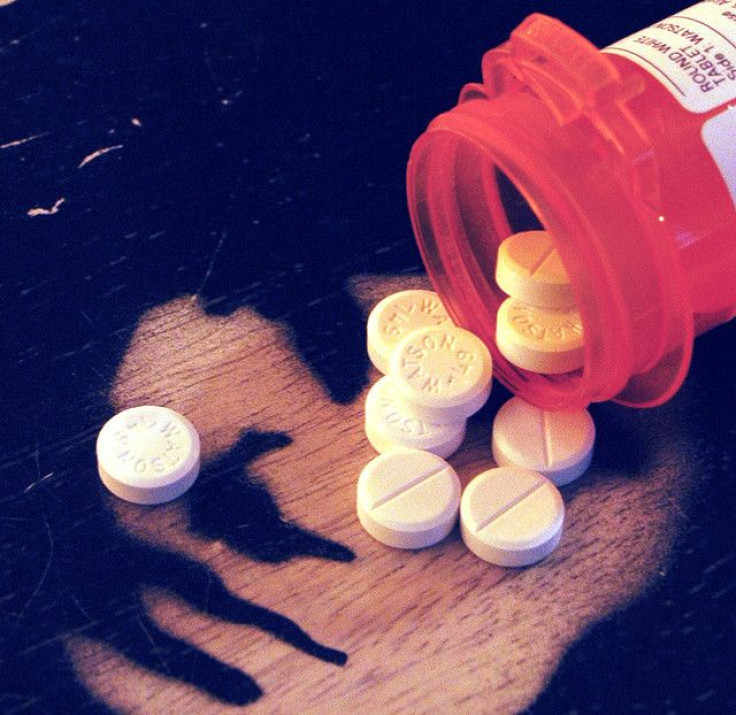New Drug, Bendavia, Could Prevent 39,000 Deaths Caused By Kidney Damage

The kidneys are the body's waste filtration system. They work endlessly to rid the body of toxins and refuse, while maintaining appropriate hydration. If kidneys become damaged as a result of a chronic condition like diabetes, high blood pressure, or obesity, they will stop working effectively. Symptoms of kidney damage can be debilitating, as they include nausea, loss of appetite, sleep issues, and eventual kidney failure.
According to the Centers for Disease Control and Prevention, more than 10 percent of the population, or 20 million people, 20 years of age or older in the United States has chronic kidney disease. While there are treatments to manage the chronic diseases that increase the likelihood of kidney damage, and there are treatments to manage kidney failure, the end stage of kidney damage, there are few treatments for the primary stages of kidney injuries.
A new study indicates that Bendavia, a newly developed drug, can prevent kidney damage or injury from occurring in the first place, or treat it in its primary stages.
Kidney damage occurs when there is a shortage of energy, called ischemia, in the kidneys. The lack of energy causes the kidneys to malfunction, as its filtration process depends on that energy. The energy comes from intercellular powerhouses, called mitochondria. The mitochondria make energy, but can stop if damage starts to alter their machinery. Damage to mitochondria tends to be irreversible; they begin to swell up, and their inner organization — crucial to energy production — is lost, causing the cells that contain them to stop filtering wastes and die.
The membrane of the mitochondria, or its outer most part, allows the building blocks of energy in and also allows energy out. Often, kidney damage will destroy this membrane so that mitochondria stop making energy. Bendavia targets a component of the mitochondrial membrane called cardiolipin and specifically protects it from damage or repairs it so that damage will not persist.
Researchers found that during treatment, Bendavia was able to specifically protect cardiolipin. When administered to mice after kidney damage, positive effects were seen. These included mitochondria maintaining their membrane and normal size as well as regaining their inner organization; these results were observed as soon as five minutes after administration. By the 20-minute time mark, the kidney cells began to act normally again by filtering out wastes once more. At the 24-hour time mark, there was a significant reduction in cell death and increased amounts of energy were measured.
When administered to animals without kidney injuries, Bendavia appeared to have a similar effect on kidney cells and mitochondira. When faced with potentially damaging conditions, the mitochondria were still able to make energy and the kidney cells still functioned to filter wastes. Researchers suggest that the Bendavia simply protected the cardiolipin on the mitochondrial membrane from damage, instead of ameliorating preexisting damage.
These results indicate that Bendavia would be effective at both treating and preventing kidney injuries and their adverse effects. This is especially promising for individuals with chronic diseases, which take a toll on kidneys and eventually cause kidney failure.
Source: Birk AV, Liu S, Soong Y, et al. The Mitochondrial-Targeted Compound SS-31 Re-Energizes Ischemic Mitochondria by Interacting with Cardiolipin. Journal of the American Society of Nephrology. 2013.



























